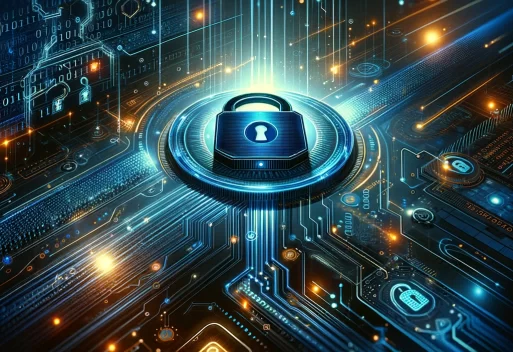To stop unwanted access, plain text is transformed into a coded format through the process of encryption. Particularly in the digital age, it guarantees data security and secrecy. Encryption is essential for protecting sensitive company data and personal communications from online attacks.
Simple Definition of Encryption
Fundamentally, encryption meaning is a method that uses keys and algorithms to change readable data into an unreadable one. The original data may only be accessed by authorized people who possess the decryption key.
This straightforward explanation of encryption serves to highlight how crucial it is to preserving trust and privacy in the digital sphere.
A Brief History of Encryption
Encryption is not a novel idea. It has its roots in the usage of secret codes for communication during political discussions and conflicts in ancient civilizations.
From straightforward substitution ciphers like the Caesar Cipher to sophisticated algorithms like AES (Advanced Encryption Standard), encryption techniques have changed over time.
The history of encryption demonstrates how people have continued to work to protect data in a rapidly evolving technical environment.
Types of Encryption
Numerous types of encryption exist, each with a distinct function. These are the primary categories:
- Using a single key for both encryption and decryption is known as symmetric encryption. Although it involves safe key exchange, it is quick and effective;
- In asymmetric encryption, two keys are used: a private key for decryption and a public key for encryption. By doing away with key sharing, it improves security;
- Instead of guaranteeing data secrecy, hashing transforms data into a fixed-length hash value. Password storage is a typical usage for it.
Choosing the best strategy for your security requirements requires an understanding of different encryption methods.
Encryption vs. Hashing
Although encryption vs. hashing both change data, their functions are distinct. Confidentiality is the main goal of encryption, which enables data to be unlocked when required. However, by creating a distinct hash that cannot be undone to recover the original data, hashing guarantees data integrity.
Implementing the proper security measures requires an understanding of the differences between hashing and encryption.
Encryption and Privacy
In the digital era, encryption is crucial for maintaining privacy. It guarantees the confidentiality of sensitive and private information, including financial data and private communications.
Encryption is essential for governments, corporations, and individuals to adhere to privacy laws and foster user trust.
The Future of Encryption
The complexity of cyberthreats increases with technological advancements. To improve security, the future of encryption will incorporate AI-driven algorithms, quantum computing, and other advancements.
To get ready for the possible dangers posed by quantum computers, researchers are also investigating post-quantum cryptography.
Encryption Best Practices
Take into account the following encryption best practices to optimize encryption’s effectiveness:
- Employ robust and modern encryption techniques;
- Use encryption in conjunction with multi-factor authentication;
- Update encryption keys often to avoid unwanted access;
- Use tools and encryption software to handle data safely;
- Inform stakeholders and staff on the value of encryption.
Additionally, to protect sensitive data at every stage, make sure encryption is used both in transit and at rest. Regularly auditing and monitoring encryption systems for flaws or possible intrusions is also essential.
Encryption Software & Tools
To assist people and businesses in safeguarding their data, a variety encryption software & tools are available. Popular choices include:
- VeraCrypt: Perfect for generating encrypted storage volumes;
- BitLocker: An integrated encryption program for Windows;
- ProtonMail: An encrypted email service that guarantees safe correspondence;
- NordLocker: An easy-to-use program for encrypting documents and folders.
These technologies improve overall security by making it simpler to incorporate encryption into routine activities.
Conclusion
A key component of digital security, encryption guarantees the privacy, confidentiality, and integrity of data. People and organizations may successfully protect their data by knowing what encryption is, what kinds of encryption exist, and best practices.
Adopting strong encryption tools and remaining educated will be essential in the fight against changing cyber threats as we look to the future of encryption.




